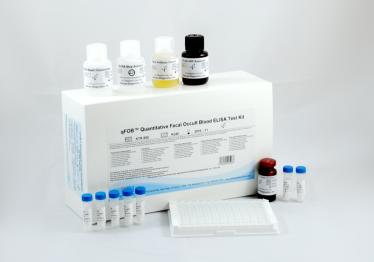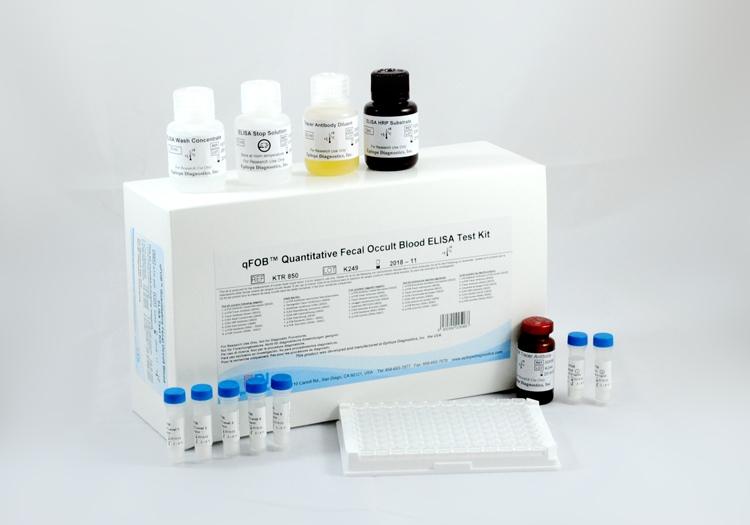| Catalog no. | SKT-029 |
|---|---|
| Target | Carcinoembryonic Antigen |
| Species | Human |
| Method | Sandwich CLIA |
| Tests Per Kit | 100 tests |
| Detection | Flash AE Chemiluminescence |
| Sensitivity / LLOD | ≤0.2ng/mL. |
| Dynamic Range | 0.2-1000 ng/mL |
| Total Incubation Time | |
| Sample Type | Serum |
| Sample Volume | 20 µL |
| Storage Temperature | 2-8 °C |

